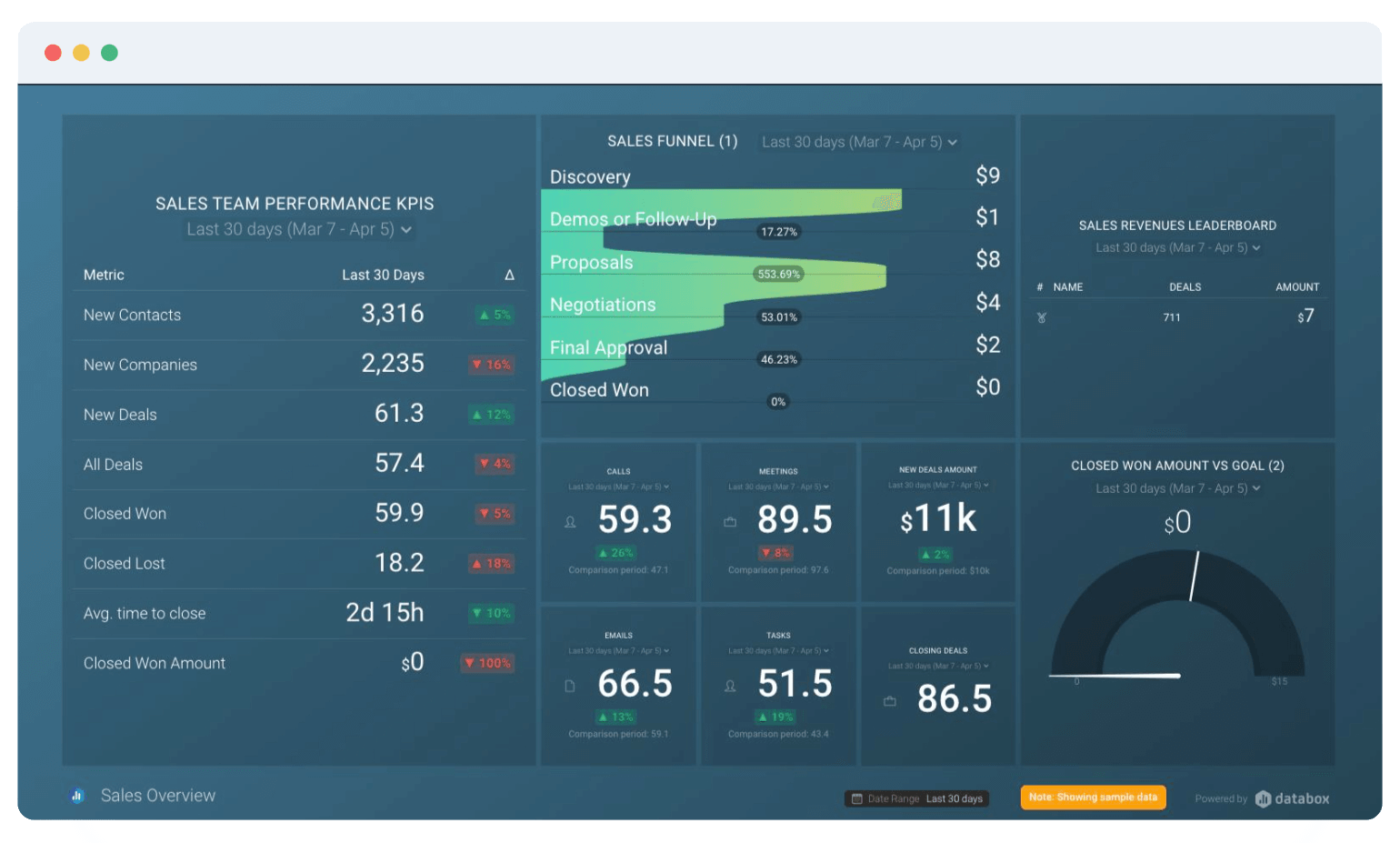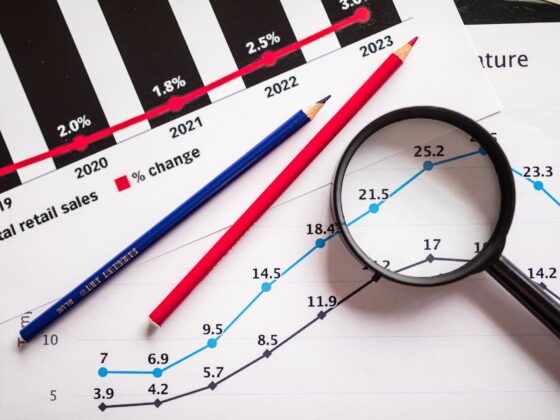
Here are 10 key performance indicators (KPIs) that are commonly used to measure the performance of a retail sales team:
- Sales volume: This KPI measures the total number of units sold or the total value of sales over a given period of time.
- Sales per employee: This KPI measures the average sales generated by each employee over a given period of time.
- Average transaction value: This KPI measures the average value of each sale or transaction.
- Customer satisfaction: This KPI measures the satisfaction of customers with their shopping experience and can be assessed through surveys or other methods.
- Customer loyalty: This KPI measures the percentage of customers who return to the store or make repeat purchases over a given period of time.
- Conversion rate: This KPI measures the percentage of customers who make a purchase after visiting the store or website.
- Inventory turnover: This KPI measures the number of times the store’s inventory is sold and replaced over a given period of time.
- Gross margin: This KPI measures the percentage of each sale that is profit after accounting for the cost of goods sold.
- Net profit: This KPI measures the total profit of the store after accounting for all expenses.
- Return on investment (ROI): This KPI measures the profitability of the store relative to the investment made in it.
By tracking these KPIs, a retail sales team can monitor and optimize their performance to drive sales and improve profitability.











